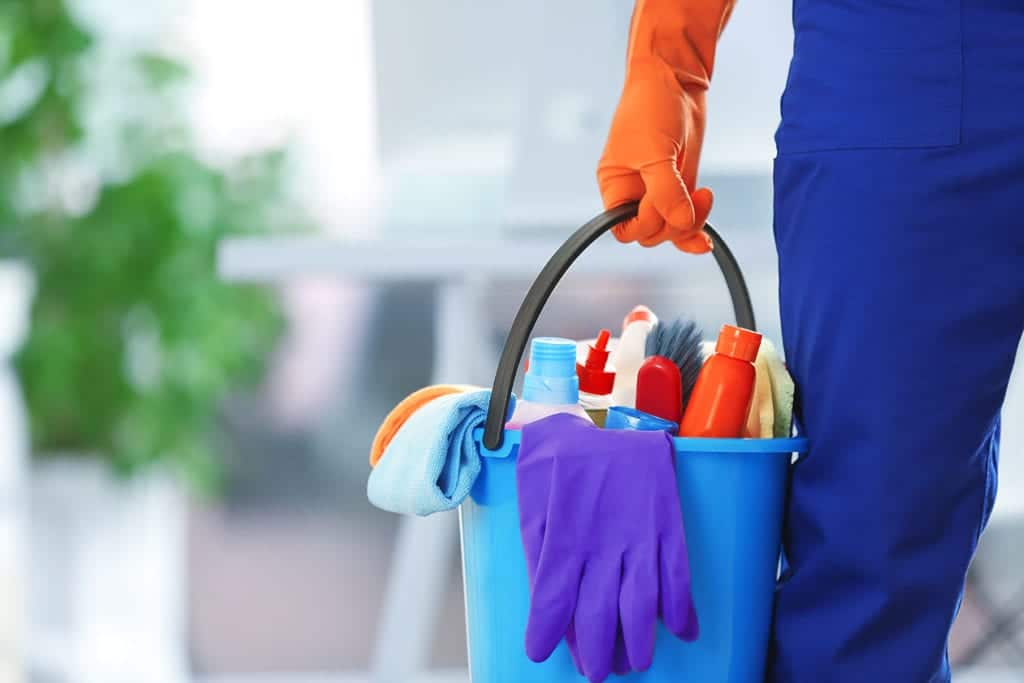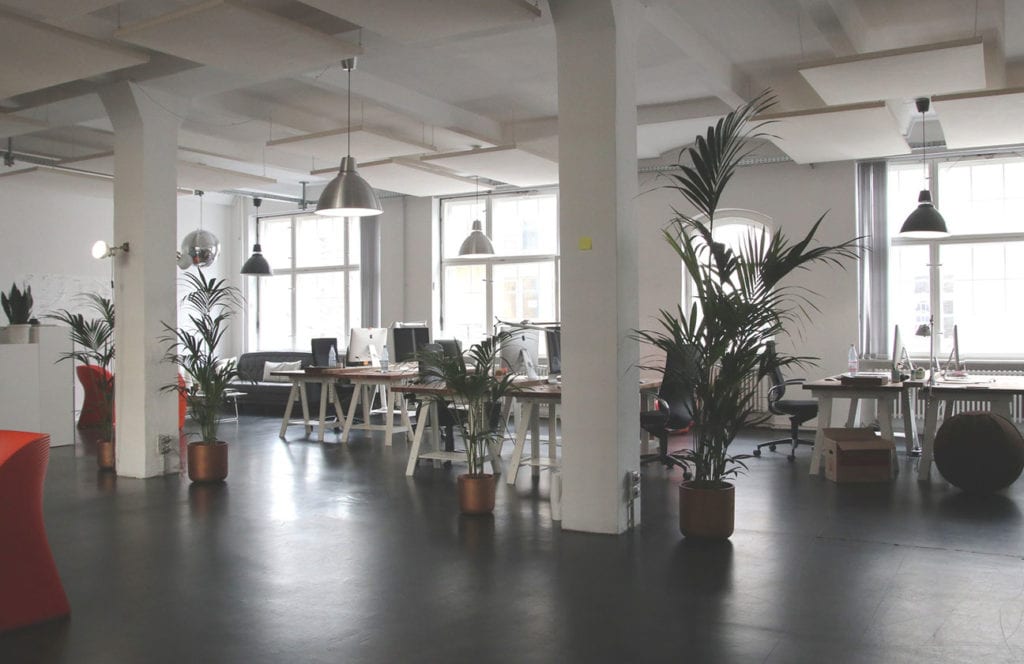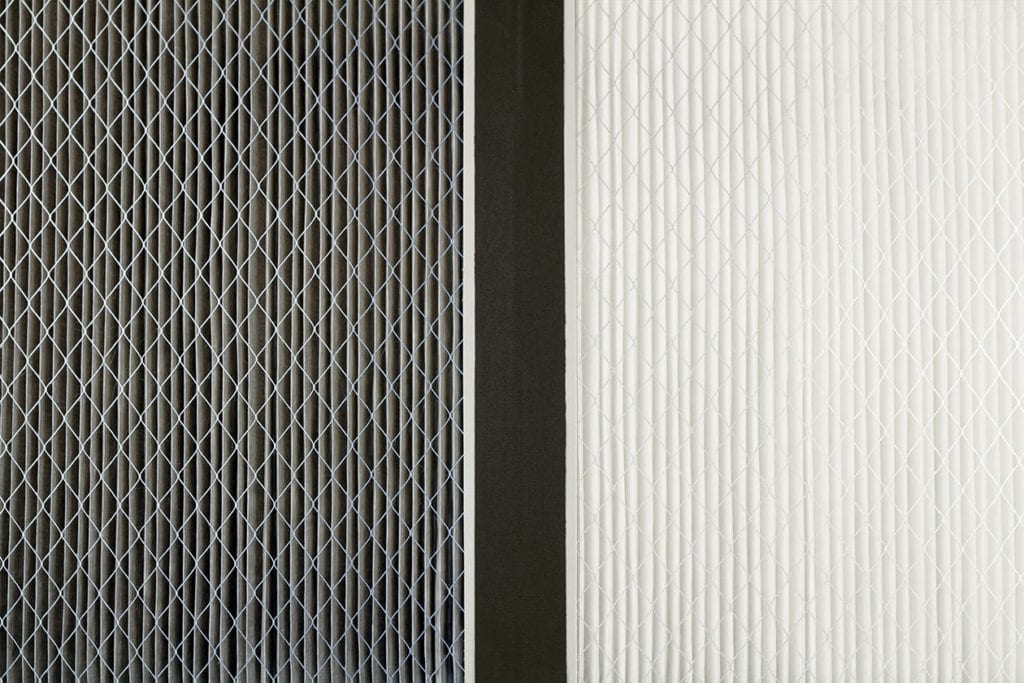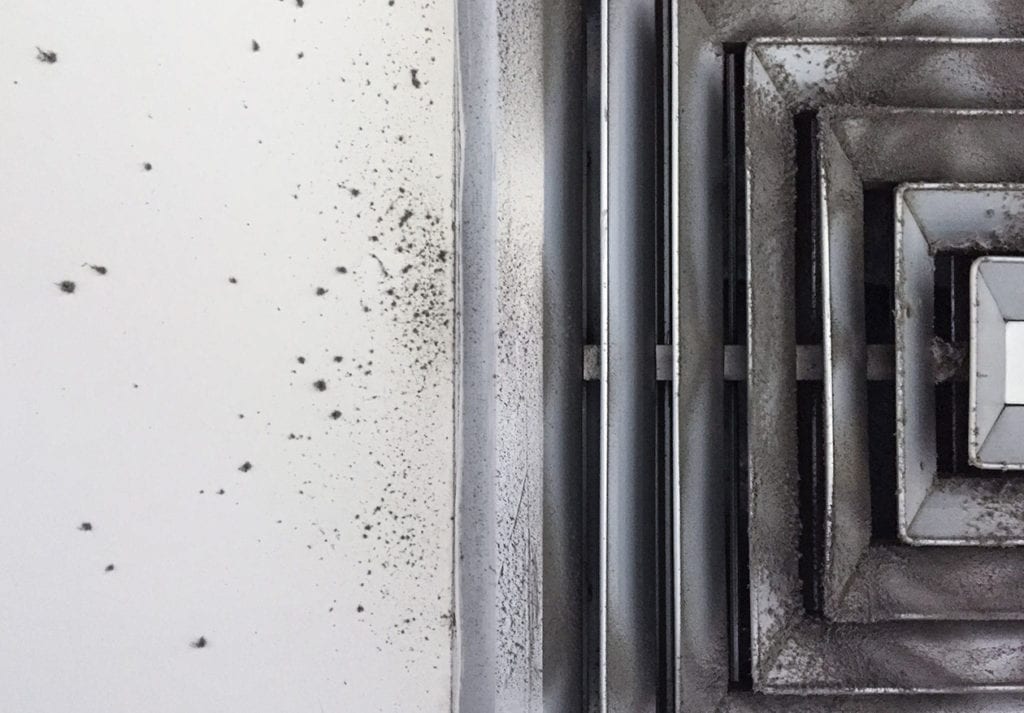It is important for commercial building operators to optimize indoor air quality for occupant health, energy savings and increased unit lifespan. A great place to start is maintaining clean HVAC systems.
Contaminants such as dirt, debris, pollen and dander find their way into HVAC systems, and they need to be cleaned properly to keep units running as efficiently as possible.
Here are a few steps you can take to improve indoor air quality.

Housekeeping
Good housekeeping is an essential part of improving the air quality in any commercial building by helping to reduce indoor allergens, pollutants and other contaminants. Maintaining clean floors, carpets and furniture will help to remove particles present on surfaces that could otherwise easily be sucked into the air or ventilation systems, and eventually make their way to building occupants.

Placement
When placing furniture or equipment in office spaces, it is important to consider the location of HVAC system components. Make sure air supply vents are kept unblocked to maintain proper air flow circulation throughout the building, and keep heat-producing devices, such as computers or internet routers, away from HVAC sensors to avoid triggering unnecessary cooling efforts. Taking these precautions will help to ensure the HVAC unit as a whole remains balanced and will not hinder ventilation and circulation of indoor air.
Another factor to take into consideration is whether additional or separate ventilation may be required to control pollutant-emitting equipment or activities in certain areas of the office. For example, if your commercial building operations include printing or photographic development processes, specialized ventilation may need to be implemented in that area to keep pollutants contained.

Filters
Upkeep of HVAC system filters is crucial in maintaining proper indoor air quality, and ultimately the health and well-being of all those working in the facility day after day. By cleaning or replacing filters regularly, facilities can avoid future blockage and microbial growth that could otherwise lead to potentially serious health risks for building occupants. Additionally, clean filters maximize system efficiency, resulting in energy cost savings.
How often should filters be cleaned? The frequency will vary depending on which type of filter the system uses and factors that may cause increased pollutants or allergens, such as changing seasons, a pet-friendly office, or the facility’s surroundings; for example, high construction areas.
Some suggest a good rule of thumb is to clean filters monthly, but it is best to refer to the filter and HVAC system manufacturers recommendations. Its also a good idea to contact your trusted mechanical contracting professional to discuss what equipment service and maintenance agreement options are available to you, so that you can leave upkeep to the experts.

Air Ducts
Clean air ducts are also vital to maintain indoor air quality and ensure the buildings HVAC system is operating at its maximum efficiency. Even with the use of filters, ducts will still accumulate contaminants over time through normal use, decreasing air quality and causing systems to work harder than necessary to perform the same heating and cooling results. Giving ducts the attention needed will help to decrease utility bills and sustain the lifespan of the unit.
Take these four steps to improve indoor air quality and increase system efficiency in your facility, and rest assured the building occupants will be breathing easier. To receive more information or schedule maintenance services, look to your commercial HVAC expert.





